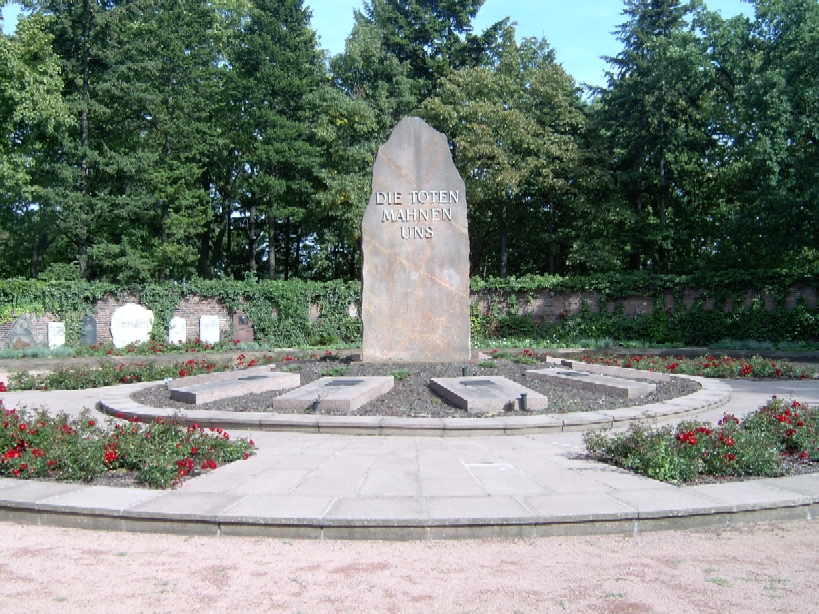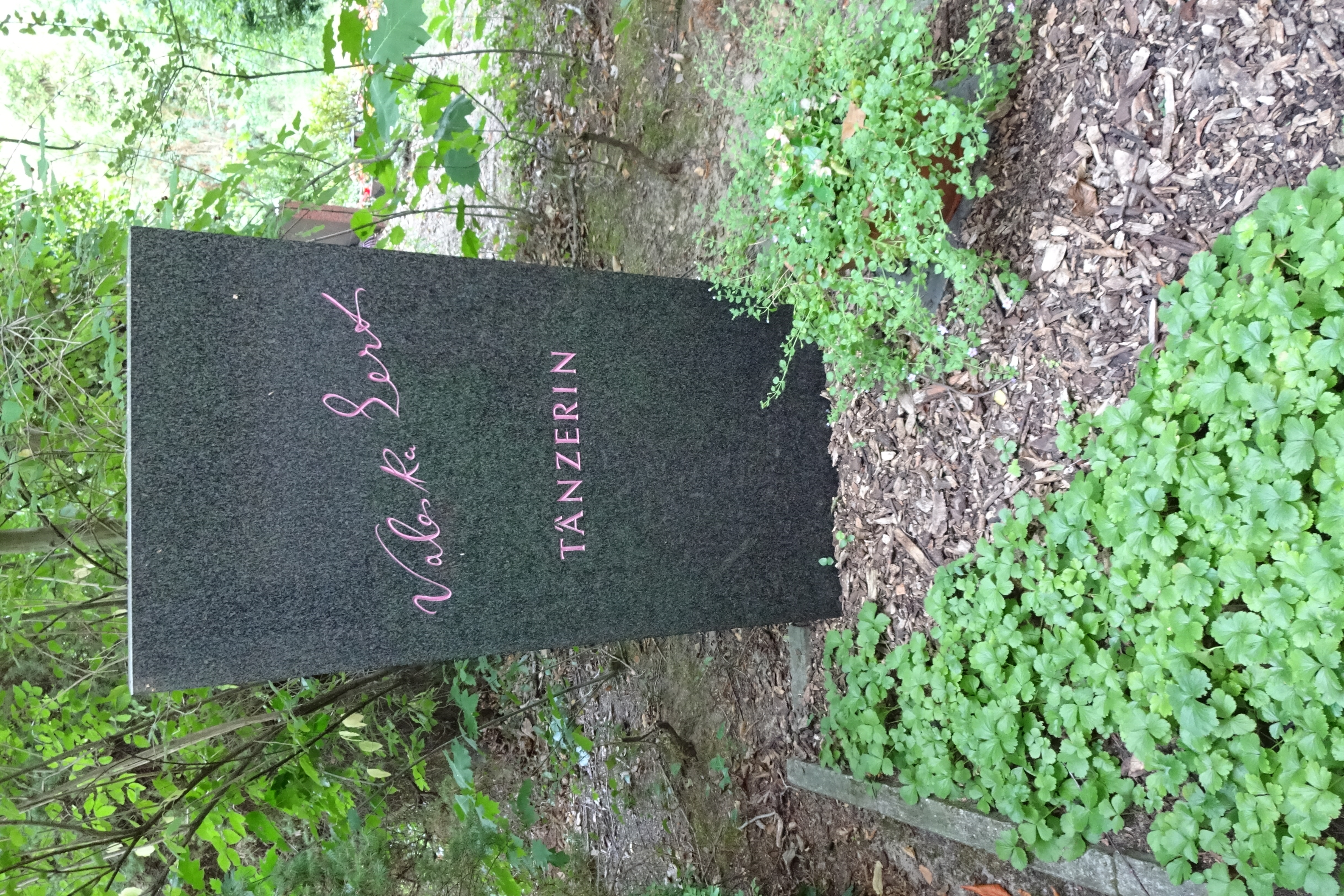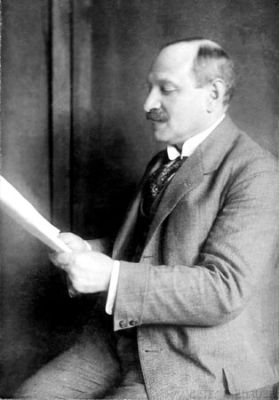|
Ehrengrab
An ''Ehrengrab'' ( English: 'grave of honor') is a distinction granted by certain German, Swiss and Austrian cities to some of their citizens for extraordinary services or achievements in their lifetimes. If there are no descendants or institutions to care for the gravesites, the communities or cities will take responsibility for the graves and for financing their care. Many ''Ehrengräber'' (honor graves) also serve to document cultural history; for example, when a cemetery containing artistically notable graves is closed and the graves are moved at public expense. The basic details of the awarding, financing and care of honorary graves are similarly handled in all German-speaking countries. Berlin and Vienna maintain the largest number of such sites. Cities Berlin In Berlin about 200 cemeteries contain approximately 740 tombs of honor with about 800 ''Ehrengräber'' (some tombs honor several members of the same family). Berlin public memorial graves are under the leg ... [...More Info...] [...Related Items...] OR: [Wikipedia] [Google] [Baidu] |
Valeska Gert
Valeska Gert (11 January 1892 – c. 16 March 1978) was a German dancer, pantomime, cabaret artist, actress and pioneering performance artist. Early life and career Gert was born as Gertrud Valesca Samosch in Berlin to a Jewish family. She was the eldest daughter of manufacturer Theodor Samosch and Augusta Rosenthal.Untitled review in ''Dance Research Journal'', vol. 18, no. 2, Winter 1986/87, pp. 70–73. Reviewed works: ''Valeska Gert: Tänzerin, Schauspielerin, Kabarettistin'' by Frank-Manuel Peter; ''Anita Berber: Tanz zwischen Rausch und Tod, 1918–1928 in Berlin'' by Lothar Fischer; ''Auf der Grossen Strasse: Jean Weidts Erinnerungen'' by Jean Weidt, Marion Reinisch Exhibiting no interest in academics or office work, she began taking dance lessons at the age of nine. [...More Info...] [...Related Items...] OR: [Wikipedia] [Google] [Baidu] |
Zentralfriedhof Friedrichsfelde
The Friedrichsfelde Central Cemetery () is a cemetery in the borough of Lichtenberg in Berlin. It was the cemetery used for many of Berlin's Socialists, Communists, and anti-fascist fighters. History When the cemetery was founded in 1881 it was called the ''Friedrichsfelde Municipal Cemetery Berlin'' (). The cemetery was modelled on Hamburg's Ohlsdorf Cemetery. In 1900, with the burial of Wilhelm Liebknecht, founder of the Social Democratic Party (SPD), the cemetery became the resting place for many of the leaders and activists of Germany's social democratic, socialist and communist movements. In 1919, the coffins of Karl Liebknecht and Rosa Luxemburg, co-founders of the Communist Party of Germany were buried in a mass grave in a remote section of the cemetery. A 2009 Charité autopsy report however cast doubt on whether Rosa Luxemberg's remains were ever buried there. The division of Berlin following the Second World War caused the cemetery to be within the borders of East ... [...More Info...] [...Related Items...] OR: [Wikipedia] [Google] [Baidu] |
Ernst Reuter
Ernst Rudolf Johannes Reuter (29 July 1889 – 29 September 1953) was the mayor of West Berlin from 1948 to 1953, during the time of the Cold War. He played a significant role in unifying the divided sectors of Berlin and publicly and politically took a stand against the totalitarianism of the Soviet Union. Early years Reuter was born in Apenrade (Aabenraa), Province of Schleswig-Holstein (now in Denmark). He spent his childhood days in Leer where a public square is named after him. Reuter attended the universities of Münster and Marburg where he completed his studies in 1912 and passed the examinations as a teacher. Moreover, he was member in a fraternity called "SBV Frankonia Marburg". The same year he became a member of the Social Democratic Party of Germany (SPD). Reuter opposed Kaiser Wilhelm's regime at the start of the First World War. After being drafted, Reuter was sent to the Eastern front where he was wounded and captured by the Russians. During the 1917 October ... [...More Info...] [...Related Items...] OR: [Wikipedia] [Google] [Baidu] |
:Category:German Words And Phrases
{{CatAutoTOC, numerals=no Words and phrases A word is a basic element of language that carries meaning, can be used on its own, and is uninterruptible. Despite the fact that language speakers often have an intuitive grasp of what a word is, there is no consensus among linguists on its d ... Germanic words and phrases Words and phrases by language la:Categoria:Verba Theodisca ... [...More Info...] [...Related Items...] OR: [Wikipedia] [Google] [Baidu] |
Felix Mendelssohn
Jakob Ludwig Felix Mendelssohn Bartholdy (3 February 18094 November 1847), widely known as Felix Mendelssohn, was a German composer, pianist, organist and conductor of the early Romantic music, Romantic period. Mendelssohn's compositions include symphony, symphonies, concertos, piano music, organ music and chamber music. His best-known works include the Overture#Concert overture, overture and incidental music for ''A Midsummer Night's Dream (Mendelssohn), A Midsummer Night's Dream'' (which includes his "Wedding March (Mendelssohn), Wedding March"), the ''Symphony No. 4 (Mendelssohn), Italian'' and ''Symphony No. 3 (Mendelssohn), Scottish'' Symphonies, the oratorios ''St. Paul (oratorio), St. Paul'' and ''Elijah (oratorio), Elijah'', the ''The Hebrides (overture), Hebrides'' Overture, the mature Violin Concerto (Mendelssohn), Violin Concerto, the Octet (Mendelssohn), String Octet, and the melody used in the Christmas carol "Hark! The Herald Angels Sing". Mendelssohn's ''Songs W ... [...More Info...] [...Related Items...] OR: [Wikipedia] [Google] [Baidu] |
Karl Liebknecht
Karl Paul August Friedrich Liebknecht (; ; 13 August 1871 – 15 January 1919) was a German politician and revolutionary socialist. A leader of the far-left wing of the Social Democratic Party of Germany (SPD), Liebknecht was a co-founder of both the Spartacus League and Communist Party of Germany (KPD) along with Rosa Luxemburg. Liebknecht was born in Leipzig as the son of SPD co-founder Wilhelm Liebknecht, and studied law and political economy. In 1907, he was imprisoned a year for writing an anti-militarism pamphlet, and in 1912 was elected to the Reichstag (German Empire), Reichstag. After the start of World War I, he vehemently opposed the SPD's support for the German war effort, co-founding the Spartacus League and beginning to call for revolution. Liebknecht was expelled from the party for his views in 1916, and again imprisoned for leading an anti-war demonstration. In 1917, the Spartacus League joined the Independent Social Democratic Party of Germany, Independent Soci ... [...More Info...] [...Related Items...] OR: [Wikipedia] [Google] [Baidu] |
Wilhelm Liebknecht
Wilhelm Martin Philipp Christian Ludwig Liebknecht (; 29 March 1826 – 7 August 1900) was a German socialist activist and politician. He was one of the principal founders of the Social Democratic Party of Germany (SPD). He was the father of socialists Karl Liebknecht and Theodor Liebknecht. Liebknecht participated in the German Revolution of 1848, and after its defeat lived in exile, where he met |
State Funeral
A state funeral is a public funeral ceremony, observing the strict rules of protocol, held to honour people of national significance. State funerals usually include much pomp and ceremony as well as religious overtones and distinctive elements of military tradition. Generally, state funerals are held in order to involve the general public in a national day of mourning after the family of the deceased gives consent. A state funeral will often generate mass publicity from both national and global media outlets. History State funerals already existed in antiquity. In ancient Athens, for example, fallen soldiers were regularly buried in a public ceremony. In the Roman Empire, a state funeral (''funera publica'') could be instructed by the senate for the city of Rome, whereas city councils could instruct a communal state funeral. By country Czech Republic Canada India On 17 November 2012, Bal Thackeray was accorded a state funeral in the city of Mumbai. On 10 October ... [...More Info...] [...Related Items...] OR: [Wikipedia] [Google] [Baidu] |
Politburo Of The Socialist Unity Party Of Germany
The Socialist Unity Party of Germany (, ; SED, ) was the founding and ruling party of the German Democratic Republic (East Germany) from the country's foundation in 1949 until its dissolution after the Peaceful Revolution in 1989. It was a Marxist–Leninist communist party, established in 1946 as a merger of the East German branches of the Communist Party of Germany and Social Democratic Party of Germany. The German Democratic Republic (GDR) was effectively a one-party state. Other institutional popular front parties were permitted to exist in alliance with the SED; these parties included the Christian Democratic Union, the Liberal Democratic Party, the Democratic Farmers' Party, and the National Democratic Party. These parties were largely subservient to the SED, and had to accept the SED's " leading role" as a condition of their existence. Long one of the most rigidly Stalinist parties in the Soviet bloc, the SED rejected the liberalisation policies of Soviet lead ... [...More Info...] [...Related Items...] OR: [Wikipedia] [Google] [Baidu] |
German Democratic Republic
East Germany, officially known as the German Democratic Republic (GDR), was a country in Central Europe from Foundation of East Germany, its formation on 7 October 1949 until German reunification, its reunification with West Germany (FRG) on 3 October 1990. Until 1989, it was generally viewed as a communist state and described itself as a Socialist state, socialist "workers' and peasants' state". The Economy of East Germany, economy of the country was Central planning, centrally planned and government-owned corporation, state-owned. Although the GDR had to pay substantial war reparations to the Soviets, its economy became the most successful in the Eastern Bloc. Before its establishment, the country's territory was administered and occupied by Soviet forces following the Berlin Declaration (1945), Berlin Declaration abolishing German sovereignty in World War II. The Potsdam Agreement established the Soviet occupation zone in Germany, Soviet-occupied zone, bounded on the east b ... [...More Info...] [...Related Items...] OR: [Wikipedia] [Google] [Baidu] |
Arnold Zweig
Arnold Zweig (; 10 November 1887 – 26 November 1968) was a German writer, pacifist, and socialist. Early life and education Zweig was born in Glogau, Prussian Silesia (now Głogów, Poland), the son of Adolf Zweig, a Jewish shipping agent and harness maker, and his wife Bianca. (He is not related to Stefan Zweig.) After attending a science-oriented gymnasium in Kattowitz (Katowice), between 1907 and 1914 he studied several branches of the humanities, history, philosophy and literature, at several universities – Breslau (Wrocław), Munich, Berlin, Göttingen, Rostock and Tübingen. He was especially influenced by Friedrich Nietzsche's philosophy. His first literary works, ''Novellen um Claudia'' (1913) and ''Ritualmord in Ungarn'', gained him wider recognition. World War One Zweig volunteered for the German army in World War I and served as a private in France, Hungary and Serbia. He was stationed in the Western Front at the time when Judenzählung (the Jewish census) was ... [...More Info...] [...Related Items...] OR: [Wikipedia] [Google] [Baidu] |






